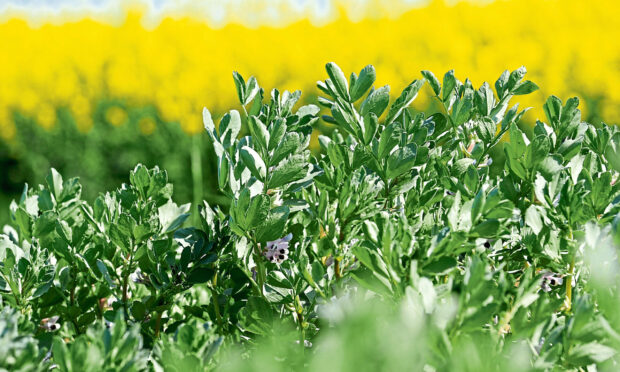The deadline for full implementation of the new Common Agricultural Policy (Cap) has been met and it will come into force in January.
Implementation plans for all member states have been approved and the European Commission says the plans will drive transition to a “sustainable and resilient” agricultural industry in Europe. It also claims the new Cap will preserve the “vitality and diversity” of rural areas.
The EU will provide £230 billion and, with member state contributions added, the total budget for agriculture will top £260bn. The commission says the plans will mean a fairer and greener Cap.
Good agricultural practice remains the basis of direct payments and there is a bias to small and medium-sized farms; funding will be available for insurance schemes to manage risk and there will be extra funding to encourage protein crops.
Greener and fairer Common Agricultural Policy
On the green side of the equation, a third of direct payments will be linked to climate change mitigation. There will be new programmes to encourage land and farm management practices that lock up carbon and reduce greenhouse gas production.
The plan includes new support for young farmers and ways to encourage digital economic development in rural areas.
EU farmers now have funding certainty and a clear policy map.
Farm ministers ended their discussions with downbeat conclusions about the impact of the war in Ukraine on European and global markets.
With the approval of all CAP Strategic Plans, the #NewCAP is ready to start on 1 January 2023.
€264 billion of EU funding will support the transition towards a greener and fairer agricultural sector.
More details: https://t.co/g0xgq4o7yc pic.twitter.com/jJm8Tro1Zk
— EU Agriculture🌱 (@EUAgri) December 14, 2022
They said the war was putting “unprecedented pressure and uncertainty” on farmers.
Ministers described as “critical” the fertiliser market, warning affordability could have a negative impact on production and yields in 2023. They said that across all states there was evidence farmers had cut back on fertiliser as they could not afford what they needed in a rising market.
Underlining the impact of high food prices on consumers, ministers raised the possibility of using the agricultural crisis reserve to subsidise fertiliser and other input costs.
On animal welfare, ministers agreed the case for higher EU standards and implementation of rules across states – an aim the EU has never achieved.

Conversation